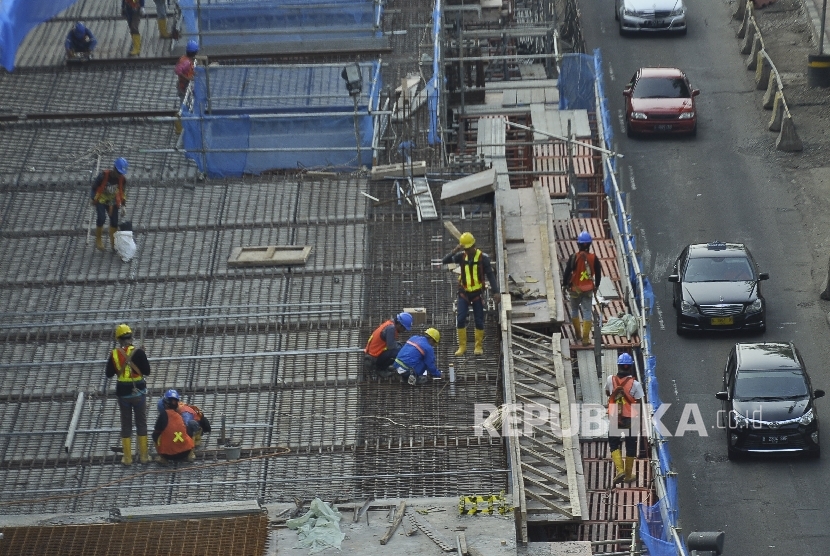REPUBLIKA.CO.ID, JAKARTA -- The Jakarta Provincial Legislative Assembly (DPRD) has approved financing for the construction of phase-2 of the Mass Rapid Transit System (MRT) from the Hotel Indonesia roundabout, Central Jakarta, to Kampung Bandan in Ancol, North Jakarta.
"We have approved the financing for the construction of the phase-2 of the MRT project, and we also approved additional funds for the construction of the phase-1 of the MRT from Lebak Bulus in South Jakarta to the Hotel Indonesia roundabout," Jakarta DPRD Deputy Speaker Triwisaksana remarked here on Monday.
According to Triwisaksana, approval to finance the MRT phase-2 construction project was made during a joint meeting with PT MRT Jakarta, which has planned to start extending the route of the MRT phase-2 in 2018.
"We plan to conduct the groundbreaking for the development of the MRT phase-2 next year," PT MRT Jakarta President Director William P. Sabandar remarked here sometime in last July.
According to Sabandar, the construction of mass transportation facilities was currently still in the basic engineering design stage.
Also read: Budget for MRT phase-2 awaits DPRD approval
"Some time ago, we had completed the feasibility study, and now, we are in the stage of basic engineering design," Sabandar said, adding that he had coordinated with the central government regarding the plan to start the development of the MRT phase-2.
He explained that the budget, amounting Rp25.1 trillion, for the development has been allocated, and it had been coordinated with the central government.
Sabandar said the MRT phase-2 will extend 8.3 kilometers from the Hotel Indonesia roundabout to Kampung Bandan, with eight underground stations: Sarinah, Monas, Harmoni, Sawah Besar, Mangga Besar, Glodok, Kota, and Kampung Bandan.
The first phase of the MRT, stretching over 16 kilometers, from Lebak Bulus in South Jakarta to the Hotel Indonesia roundabout, has been under construction since 2013.
The government expects that once the first phase of the MRT becomes operational by 2019, it will be able to transport up to 173,400 passengers daily aboard 16 trains.


